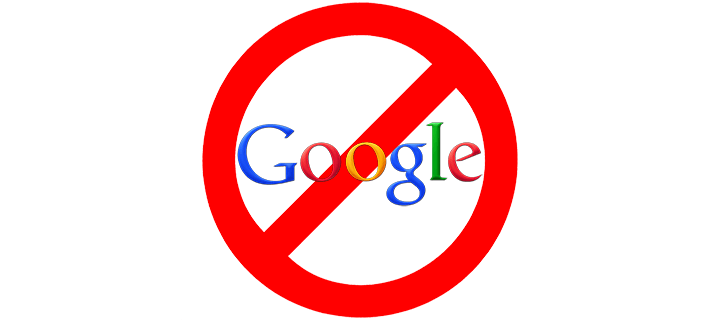Pakistan is threatening to block all Google sites if the company does not remove "blasphemous and objectionable material" from YouTube, says Anusha Rahman Khan, the country's new IT and telecommunications minister.
Pakistan blocked YouTube on September 27, 2012, after the outset of protests in reaction to a video entitled "Innocence of Muslims" that negatively depicted the prophet Muhammad. Now it seems that the country is using the ad revenue generated by its population as leverage to force Google into removing or filtering the videos that Pakistan finds objectionable.
This ultimatum is apparently an effort to get YouTube back into Pakistan as soon as possible, without making any concessions on content the government wants filtered.
Google offers localized versions of YouTube in 49 countries. These regional versions of the site include local content that is more relevant to that country's users, and also abides by its laws.
According to Pakistan's Daily Times, YouTube does not currently offer a filtered version in Pakistan and Google has stated that it will take time to build a localized version of the site while they review laws. "It is Google's goal to offer local versions of YouTube to more places worldwide, but it takes time," a Google spokesperson told the Daily Times.
Several countries have blocked YouTube in the past for varying durations, including China, Morocco, Thailand, and Iran. However, Pakistan's threat to block all of Google's services if YouTube does not comply with their request is unusual, if not unprecedented.
